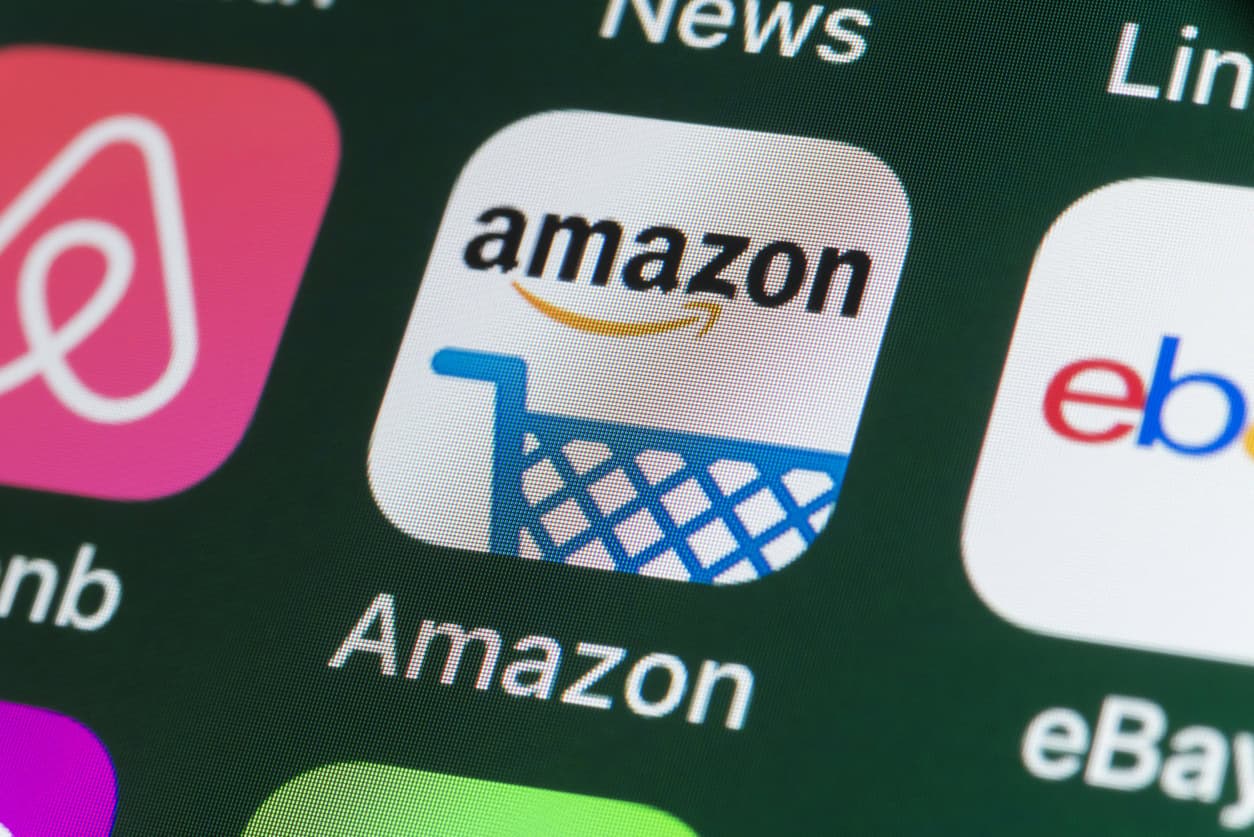
iStock.com/stockcam
Should Brands Still Have Qualms About Selling on Amazon?
Rothy’s, the eco-conscious footwear brand, and skincare brand Kiehl’s both recently became the latest in an increasing mass of brands opening up storefronts on Amazon.com.
Both brands cited the benefits of reaching a wider audience.
“Like Amazon, we are obsessed with our customers,” Jenny Ming, CEO at Rothy’s, said in a statement. “We are constantly looking for new ways to improve our shopping experience and be where our customer wants us to be. Now they can now shop Rothy’s in Amazon’s store as they build their basket — delivered to their doorstep with the speed and efficiency that Amazon is known for.”
In a press release for Kiehl’s Since 1851, general manager John Reed said, “Launching in the Amazon Premium Beauty store marks a new chapter in the Kiehl’s journey of over 170 years of skincare and innovation. Inspired by our heritage as a neighborhood apothecary brand, this collaboration allows us to continue our legacy while providing high-performance skincare solutions at even greater scale.”
More brands have started launching landing pages tied to the Amazon Fashion or Amazon Premium Beauty homepages in recent years after being reluctant to sell on the platform due to concerns over brand perception, lack of control over presentation and customer service, and the need to provide Amazon access to their brand’s customer data.
Among other newer sellers, Estée Lauder in March started selling its first brand, Clinique, on Amazon with a promise to add more. L’Oréal, the parent of Kiehl’s, started selling Lancôme directly on Amazon last October.
Coach began trialing sales of a limited range on Amazon last September. Joanne Crevoiserat, CEO of Coach’s parent company Tapestry, told analysts last year, “The platform provides broad consumer reach and plays a vital role in the customer’s discovery and purchase journey, specifically for younger cohorts.”
Victoria’s Secret and the Gap banner over the last two years landed among the few specialty chains to start selling directly on Amazon. Mattel opened an American Girl storefront on Amazon in December 2022, and Rent the Runway started selling secondhand luxury on Amazon in January 2023.
Amazon now has dedicated storefronts for most brands that sell in traditional department stores, including Polo Ralph Lauren, Hugo Boss, Michael Kors, Levi’s, adidas, and The North Face.
Jungle Scout found that the majority (51%) of consumers start their online searches for products on Amazon as of Q3 2023, followed by a search engine (39%), Walmart.com (34%), and YouTube (23%).
Still, many vendors are holding out, including Birkenstock in 2016 and Nike in 2019 moving to stop selling directly through Amazon. Other more accessible labels not selling directly on Amazon include Patagonia, Vans, Vuori, Free People, and Hoka One One, while the majority of luxury brands, including Gucci, Prada, and Tory Burch, aren’t yet selling directly on the platform.
Simeon Siegel, an analyst at BMO Capital Markets, told Women’s Wear Daily that he expects many more brands will open up Amazon storefronts after recognizing the reach-benefit of having wholesale partners and the shortcomings of direct-to-consumer approaches. However, he also cited the risks of selling to discount-emphasized sites such as Amazon. He said, “Companies chase revenues that are bad for their business that will cost them more in the future than they will earn today. But the problem is a dollar today looks very attractive, even if it costs two tomorrow.”
Discussion Questions
Why has the stigma of selling directly on Amazon apparently evaporated for many brands in recent years?
What advice would you have for premium brands around whether or not to sell directly on Amazon?
